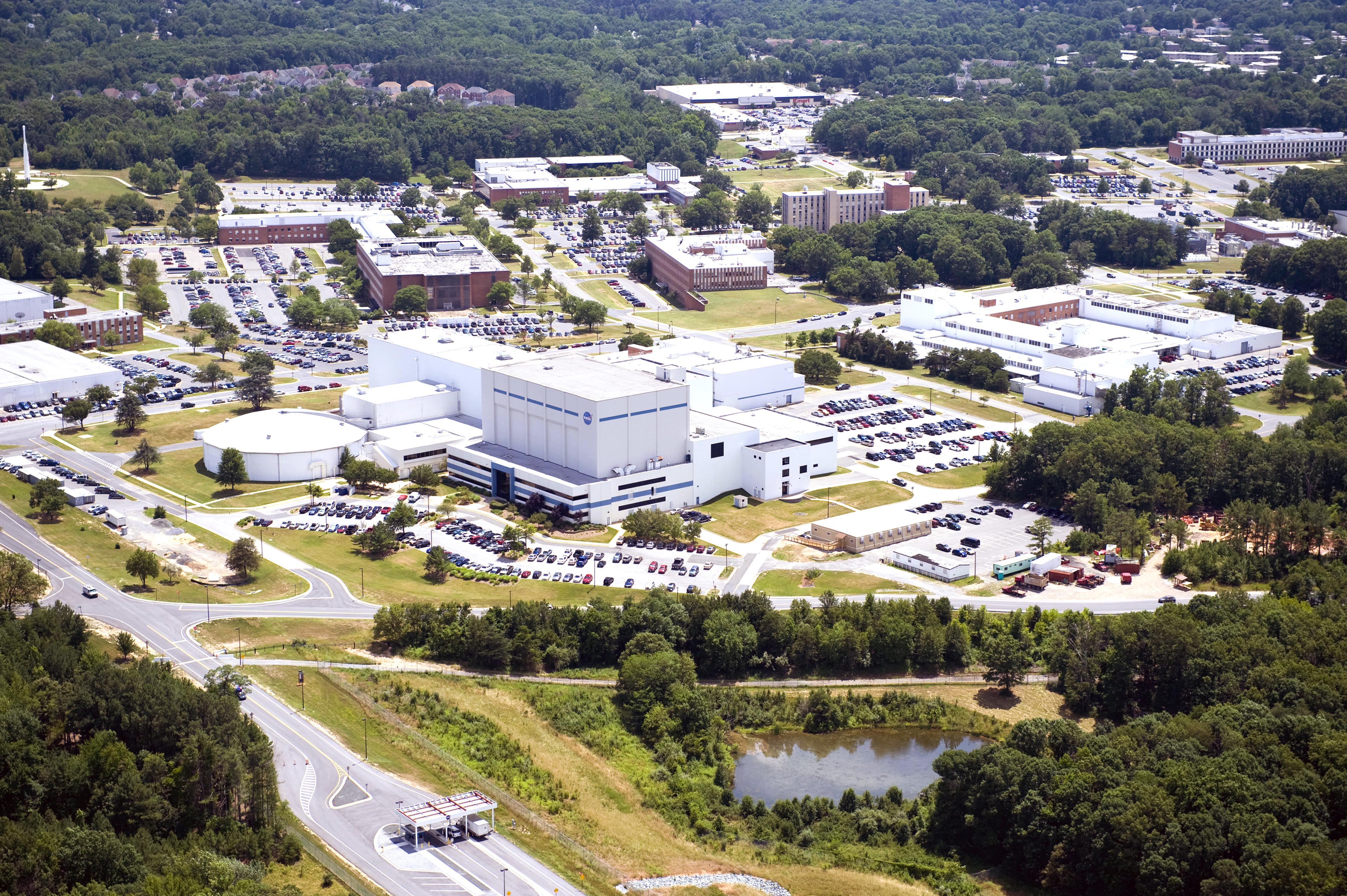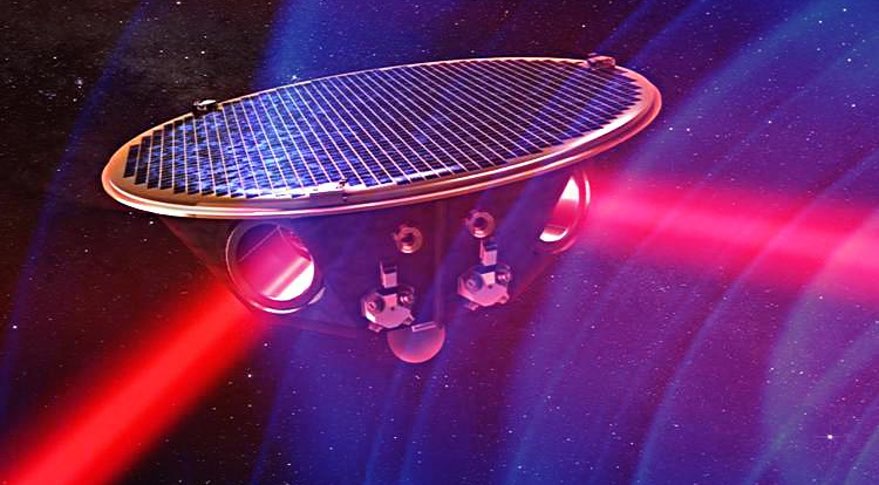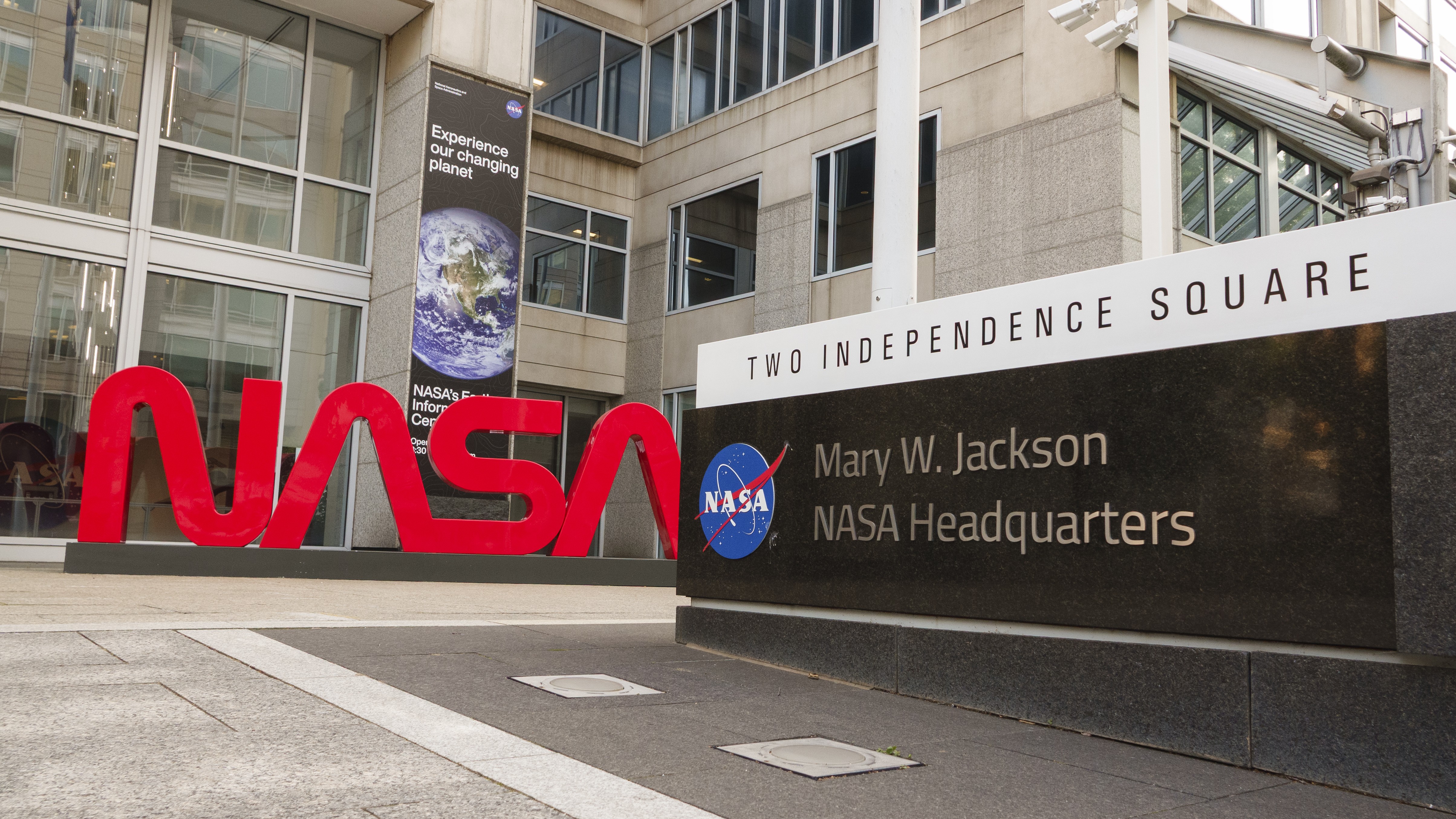For NASA, this weekend is special. Sunday marks the 56th anniversary of the Apollo 11 moon landing — humanity's first steps on another world — July 20, 1969. As the only space agency on Earth able to boast such an accomplishment, those at NASA view the date with wide recognition. This year, however, some within NASA will mark the occasion amid what they see as an institution under attack, both from outside and from within.
A group of NASA employees and their supporters in Washington, D.C., will hold a demonstration to protest what they view as detrimental preemptive compliance within space agency leadership to execute potential cuts to science programs and staffing, based on the White House's 2026 budget request, which has not yet been enacted into law.
The grassroots demonstration, endorsed by the Goddard Engineers, Scientists and Technicians Association, is the second planned by the organizing group, NASA Needs Help, which led a similar protest on June 30 to give voice to those in NASA wanting to speak out as private citizens to raise awareness of the irreparable cuts already happening within the space agency.
"The public has heard that NASA is under attack, that the president's budget request would slash our nation's aeronautics and space administration. What most people don't know is that it's happening now," Marshall Finch, a NASA contract worker helping organize the protest, told Space.com. Finch said his views and actions are his own and not representative of his employer or NASA. NASA Needs Help is responding to what it sees as NASA leadership treating the White House's 2026 budget request as a mandate.
"Under pressure from the White House, OMB and DOGE, NASA's administration is shredding NASA every day, and it's happening quickly," Finch said, referring to the Office of Management and Budget and the Department of Government Efficiency, initially led by SpaceX CEO Elon Musk.
When reached for comment, NASA officials confirmed their awareness of the upcoming protest, but said the space agency has no affiliation with the demonstration.
The 2026 budget request slashes NASA science funding by 47% and overall agency funding by 24%, with the heaviest impacts felt by Earth science (especially climate research) and deep-space planetary missions, some of which are still in active operation, transmitting data. Canceling many of these missions (there are 41 on the chopping block) also poses risks to national security, the nation's ability to track natural disasters, as well as America's overall dominance in space, scientists have said.
Morale at facilities like NASA's Goddard Space Flight Center in Maryland has plummeted. One scientist who attended the June 30 demonstration works as a postdoc at Goddard, through a contractor, on the LISA (Laser Interferometer Space Antenna) mission, and told Space.com the past few years at NASA have been their "absolute dream job."
"I love it," said the Goddard scientist, who wished to remain anonymous for fear of retribution. "And this year has been an utter nightmare that has not stopped since January."

For months, NASA leadership has acknowledged the possibility of Reductions in Force (RIFs), but employees say details have been vague. "Mackenzie Lystrup and Janet Petro have repeatedly discussed in their town halls these Reductions in Force," the Goddard scientist said, naming the facility's director and NASA's former acting administrator, respectively. "I hear them say that we are preparing for RIFs, because that has been what the President or the OMB has sort of ordered, but they aren't forthcoming with any details."
At the same time, the Deferred Resignation Program (DRP) — a voluntary separation effort that promises certain benefits for quitting your job — is already quietly pushing NASA staff out. More than 2,000 senior leadership staff are expected to leave through the agency's DRP initiatives, according to a Politico report.
"They're basically just trying to get as many people to quit and leave NASA as possible … It'll make the RIFs easier when they come later this year," the Goddard scientist said. "We are seeing more and more people taking this now, while the window is still open. I think that's kind of because we don't know what will happen after that window closes, and it might be a worse scenario than the current one."
LISA is a joint mission by NASA and the European Space Agency (ESA) slated to launch around 2035 to conduct groundbreaking studies of gravitational waves as the first observatory of its kind in space.
"It has a potential to be one of these incredibly monumental, game-changing human-knowledge-pivoting observatories," the scientist said, conceding a degree of bias toward their mission.
The laser system and telescopes that LISA will rely on to make its "game-changing" discoveries are being developed and constructed at Goddard. "NASA has hardware," the scientist said. "They're both major components of the actual design of the mission. It's not like it's still in this conceptual phase. It's very much in a tangible state right now."

LISA was zeroed out in the White House's budget proposal, not only casting the jobs of those on the program into doubt but also the entirety of ESA's investment in the $2 billion mission, which has been nearly three decades in development. ESA has stated that the project could be in jeopardy if the president's budget is passed.
The NASA contractor responsible for at least part of LISA's program staff has already informed some employees that their jobs cannot be guaranteed past Sept. 30 because the space agency sent notice of certain roles in "high-risk positions."
In the face of cancellations, some NASA workers are considering more radical shifts in order to continue careers on projects or areas of research they are passionate about.
"If NASA pulls out [of LISA] entirely, and ESA is committed to continuing this mission … that is definitely something I've been thinking about more and more this year — about just leaving the United States to go work in Europe, to support them," the Goddard scientist said. "If it comes to that, I think that's what I would do. And I think a lot of people are considering leaving."
For scientists looking to cross the pond, opportunities are already landing on their doorsteps. Some overseas science institutions have reached out to American researchers to gauge their interest in coming to work for them.
A representative from one institution messaged researchers in an email obtained by Space.com, offering a sort of relocation program.
"Considering the situation of some scientists under the US administration, [country] is organizing a special program to welcome US scientists who would have lost their job or would prefer to leave the US and come to work in [country]," the email reads in part.
The responses to that email were so numerous, the institution had to create a database to categorize interested parties into areas of scientific study, saying in another email that the number of replies was "overwhelming (and worrying)."
Ultimately, many of these scientists and other NASA workers would prefer not to leave the country, and for the problems facing the U.S. science industry to be solved, and quickly.
Possibly leaning in their favor, Congress seems increasingly resistant to the White House's deep science cuts. A Senate Appropriations Committee vote advanced a proposal to fund NASA science at $7.3 billion, effectively restoring it to fiscal year (FY) 2025 levels. The House markup also rejects the proposed cuts, with apparent bipartisan support for maintaining NASA's science programs — all the more reason that NASA workers feel the need to protest the preemptive cuts taking place within the space agency.

"NASA is being dismantled now, treating the President's budget request as marching orders rather than proposed legislation," Finch said. "Damage is occurring rapidly, daily. Although Congress is signaling bipartisan support to fund NASA, by the time they have an FY 26 budget passed, the damage will be widespread, fait accompli."
Organizers are calling on Congress to act using emergency legislation and the political tools at its disposal to protect NASA from further cuts until legislation, not suggestions, can decide the space agency's future.
The demonstration planned for July 20 is scheduled to take place from 2 p.m. to 6 p.m. EDT, according to the group's permitting request. The group's first protest gathered outside NASA Headquarters in D.C., and saw about 60 to 70 people in attendance, the organizers estimate. They are hoping more attend the upcoming event.
Sunday's protest location is awaiting approval from the National Park Service, but will either take place at Dwight D. Eisenhower Memorial Park, across from the Smithsonian's Air and Space Museum (540 Independence Ave SW, Washington, D.C. 20202), or once more outside NASA Headquarters (300 E. St. SW, Washington, D.C. 20546).
NASA employees and contract workers attending or helping organize the protest have stressed that they are not acting on behalf of the space agency and do not represent their respective employers. Their ad hoc protest group has no formal structure or leadership, nor do its volunteer event coordinators maintain any organizational roles.
The Goddard scientist who spoke with Space.com after the first protest said they did so because NASA is an agency with a mission they believe in, but they don't think what's being done is in the best interest of the American people.
"I think probably all of us who are protesting right now are stepping out of our comfort zone. I would rather not be doing any of this, but I think it's important, and it's necessary at this moment in time."

.jpg) 4 hours ago
1
4 hours ago
1

 English (US)
English (US)